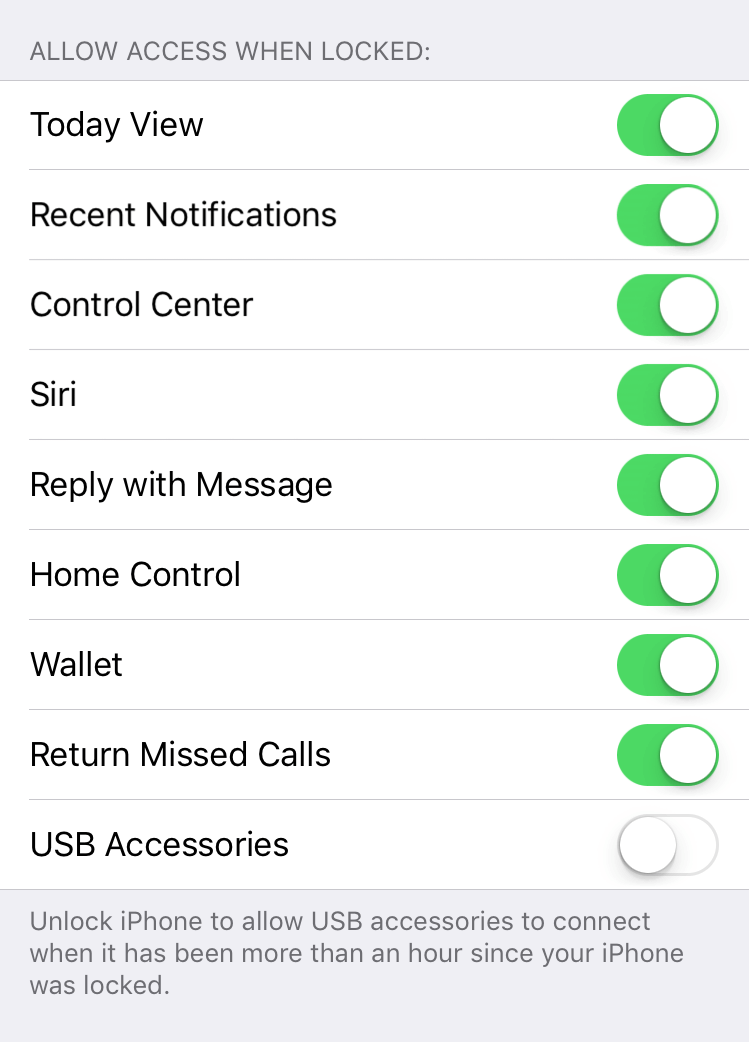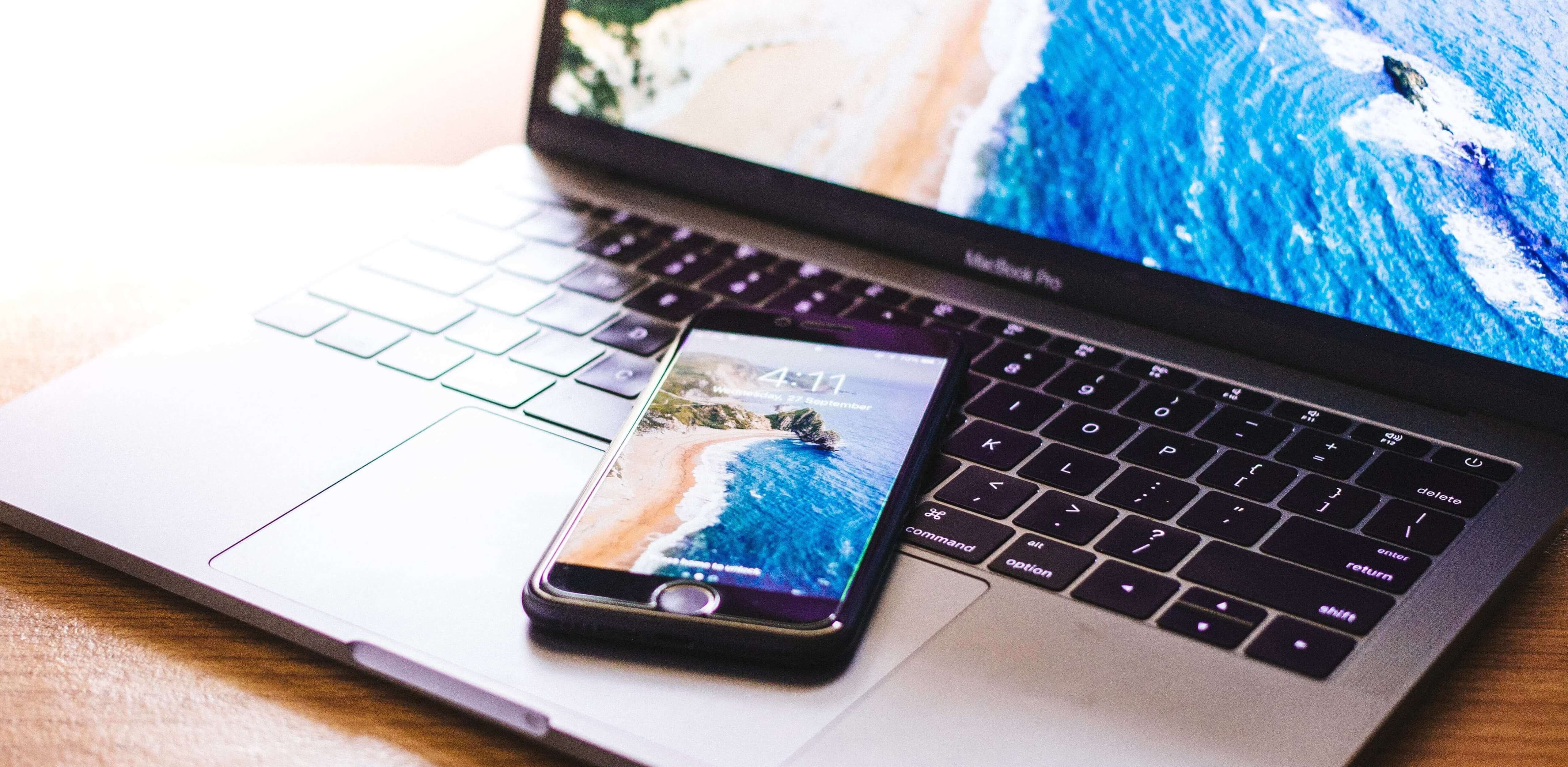Why it matters: Unlocking current iPhones can be done within minutes using the right hardware by connecting via USB. Blocking access to USB communication could make Apple devices secure against readily available unlocking tools sold by third-party security firms to government organizations and criminals alike.
As iOS 12 is being put in the spotlight at Apple's developer conference, iOS 11.4.1 beta brings an important update for security conscious individuals. USB Restricted Mode will now allow for all data communication to be cut off from the port after one hour.
Once an iPhone enters USB Restricted Mode, iTunes and other tools will not be able to access the device in any capacity. The only way that users are able to restore access to an iPhone that has been disabled in this manner is to enter the correct passcode. Only charging the phone is possible.
Apple seems to have grasped the importance of such a feature after learning of GrayKey, a hardware device that unlocks iPhones within a very short time span.

If you are an avid reader, you may remember that we have mentioned USB restrictions being implemented on iOS in the past. However, there is now one major change that is important. Apple has changed the timeout period from seven days to just one hour.
Should an iPhone with the latest security feature enabled be lost or stolen, it will be very difficult to rush the device to an unlocking tool within one hour. There is still one caveat to this though. If an iPhone is connected to a trusted computer, the one hour timer does not start until the phone is disconnected.
New limitations in place will made it significantly more difficult for third parties to break into Apple devices, but it is still unknown how exactly exploits are being used. Lack of easy access to USB does not necessarily guarantee complete security.
According to security company Elcomsoft, it is unknown whether the new restrictions will have any effect at all on unlocking efforts by firms such as GrayShift and Cellebrite.
